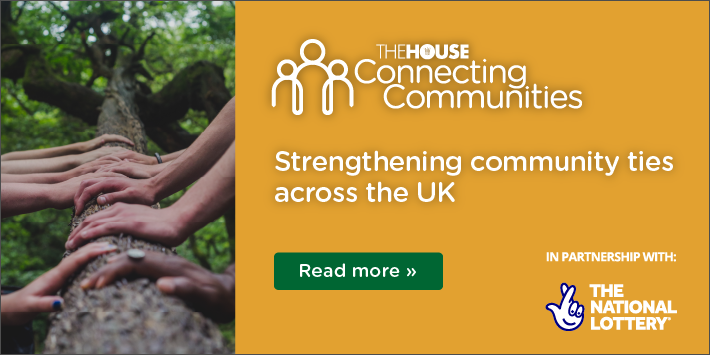Breaking the taboo around honour based abuse
3 min read
Honour based abuse is nothing of the sort. It is rooted not in honour but in patriarchy and child abuse. July 14th was the Day of Memory for victims of Honour Based Abuse and Parliament and our communities need to take action.
Honour based abuse is nothing of the sort. It is rooted not in honour but in patriarchy and child abuse. Many MPs across the house will be familiar with the term, from the news, from drama and from their own constituencies. It is not a problem of one culture, one religion or one ethnicity, it permeates societies that often preach toleration and love but practice something very different.
Honour based abuse is widely misunderstood and rarely properly defined and recognised, this means thousands of women and girls, though it affects men and boys too, are unsupported when they need help most. When we remember the survivors of HBA we should also think about the thousands who suffer ignored by the system. Squeamishness about racism, fears of offending, and sometimes white guilt has led to too many police forces doing too little, intervening too late.
At the most severe end, research indicates that there is one ‘honour’ killing in the UK every month, and probably more go unidentified. Tragically only rarely do these incidents make the news, and the thousands of violent attacks, occurrences of coercive control and bullying are invisible to most.
As a Member of Parliament, I am proud to chair the All-Party Group on Honour Based Abuse, because the issue matters and needs more profile. We remember the birthday of Shafilea Ahmed because her murder mattered. It has to matter when each and every single person who is punished for their alleged damaging of their family’s honour is abused.
The first step we need is to tear down the false concepts of honour that embolden and cloak the abuse in a veneer of respectability. That will be the work of everyone, and language plays the biggest role in starting this at a young age. I have gone into schools to talk to young teenagers about violence in relationships, I was shocked to hear how many had already formed violent views on keeping partners in-line and how many accepted this as part of being in a relationship.
But action will also come from the community, the community saying no, and standing up for survivors, not perpetrators. There are many warning signs to look out for, someone being withdrawn or upset, poor attendance or performance at school or work, movements at home being excessively controlled, family disputes or instances of domestic abuse, running away from home, physical injury and depression, self-harm or attempted suicide.
Honour based abuse will continue as long as we let it - as long as we believe perpetrators and not survivors. We can all be part of the solution, by not avoiding the awkward conversation, not pretending we haven’t seen anything.
This year I was proud to support the Marriage and Civil Partnership (Minimum Age) Bill alongside some fantastic colleagues. This will help combat child marriage and reaffirm our commitment to protecting childhood and children around the world. Remember Shafilea Ahmed on her birthday not for her murder, but for the potential she had in a world that condemns so called honour based abuse.

